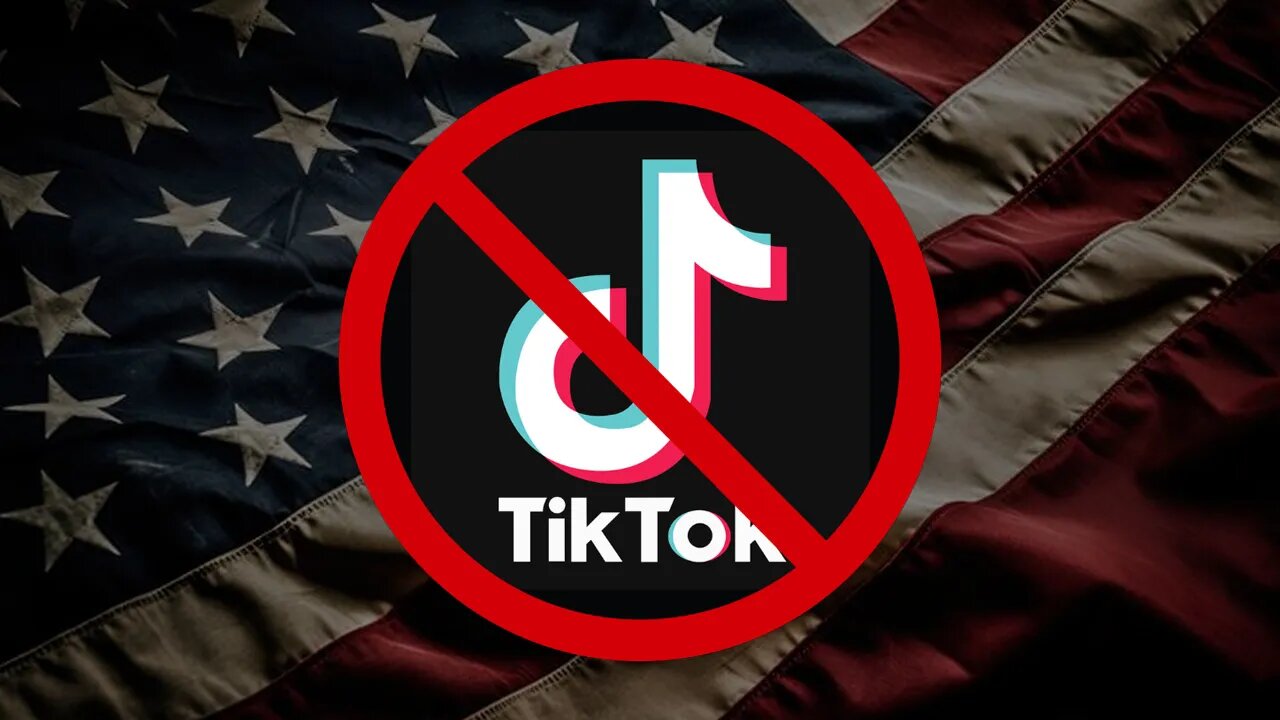The future of TikTok’s 170 million American users hangs in uncertainty as the Supreme Court reviews a law that could ban the platform unless its Chinese parent company, ByteDance, sells its U.S. operations by January 19. If the court upholds the law—as a lower court recently did—TikTok may no longer be accessible in the U.S.
TikTok’s legal representative Noel Francisco underscored the gravity of the situation during oral arguments, stating, “On January 19th, as I understand it, we shut down.” While this doesn’t mean the app will instantly vanish or users will face penalties for accessing it, significant barriers could arise for users attempting to continue using the platform.
How a Ban Could Impact Users
Kate Ruane, director of the Free Expression Project at the Center for Democracy and Technology, explains that the law would primarily target companies facilitating TikTok’s availability, including app stores and cloud service providers. This could make accessing the app more complicated for users. “It’s going to require more technical savvy to access TikTok,” Ruane said. “That barrier may discourage many casual users.”
If enforced, the law would prevent app stores from distributing TikTok or updates, rendering it increasingly outdated and prone to technical issues. Users may also encounter bugs, slower performance, and potential crashes.
What the Law Entails
The Protecting Americans from Foreign Adversary Controlled Applications Act (PAFACA), signed into law by President Biden in April 2024, grants the U.S. government authority to ban apps considered national security threats. Concerns over ByteDance’s potential data-sharing with the Chinese government were central to the law’s bipartisan support.
Under the legislation, companies like Apple, Google, and Oracle are prohibited from supporting foreign-controlled apps. A House committee recently urged Apple and Google to prepare for compliance by the January deadline, which would mean immediate disruption for users trying to download or update TikTok.
Options for TikTok Users
Experts suggest that users download their TikTok data and save important content ahead of the possible ban. While using the app won’t be illegal for individuals, new downloads and updates will be unavailable through official app stores. Some users may turn to alternatives like Virtual Private Networks (VPNs) or sideloading to access TikTok, but these methods come with technical challenges and potential risks. For example, sideloading on iPhones may void warranties.
Ruane emphasizes that while these workarounds are possible, they may deter many users due to the added complexity. “For a fair number of casual users, the answer will probably be no,” she said regarding whether they would go through the hassle to maintain access.
The Political Landscape
Notably, the law is set to take effect on January 19—the final day of President Biden’s term. This timing places the decision in the hands of President-elect Donald Trump, who previously attempted to ban TikTok during his first term. Although Trump has since shifted his stance, his administration will need to decide whether to enforce the law, repeal it, or seek a workaround.
Trump’s administration could also revive discussions around Project Texas, a national security agreement involving Oracle that would host all U.S. user data and oversee its management. This plan, initially supported by the Biden administration, aimed to mitigate national security concerns but stalled during negotiations.
Possible Outcomes
If ByteDance fails to divest its U.S. operations or secure a deal like Project Texas, TikTok’s presence in the U.S. may be severely restricted. Analysts speculate that Trump’s administration could attempt alternative approaches, such as declaring that ByteDance has sufficiently divested or refraining from enforcing the law strictly.
However, legal experts warn that such actions may invite further court challenges, leaving TikTok’s future in limbo. For now, users and creators are left in a state of uncertainty, preparing for what could be a significant shift in the social media landscape.
Preparing for a Ban
With the January 19 deadline looming, experts recommend that users backup their data and save important videos. While the law won’t criminalize individuals for using TikTok, accessing the app may require technical know-how, such as using virtual private networks (VPNs) or alternative download methods like sideloading or jailbreaking. However, these methods come with risks, including voided warranties and potential security vulnerabilities.














